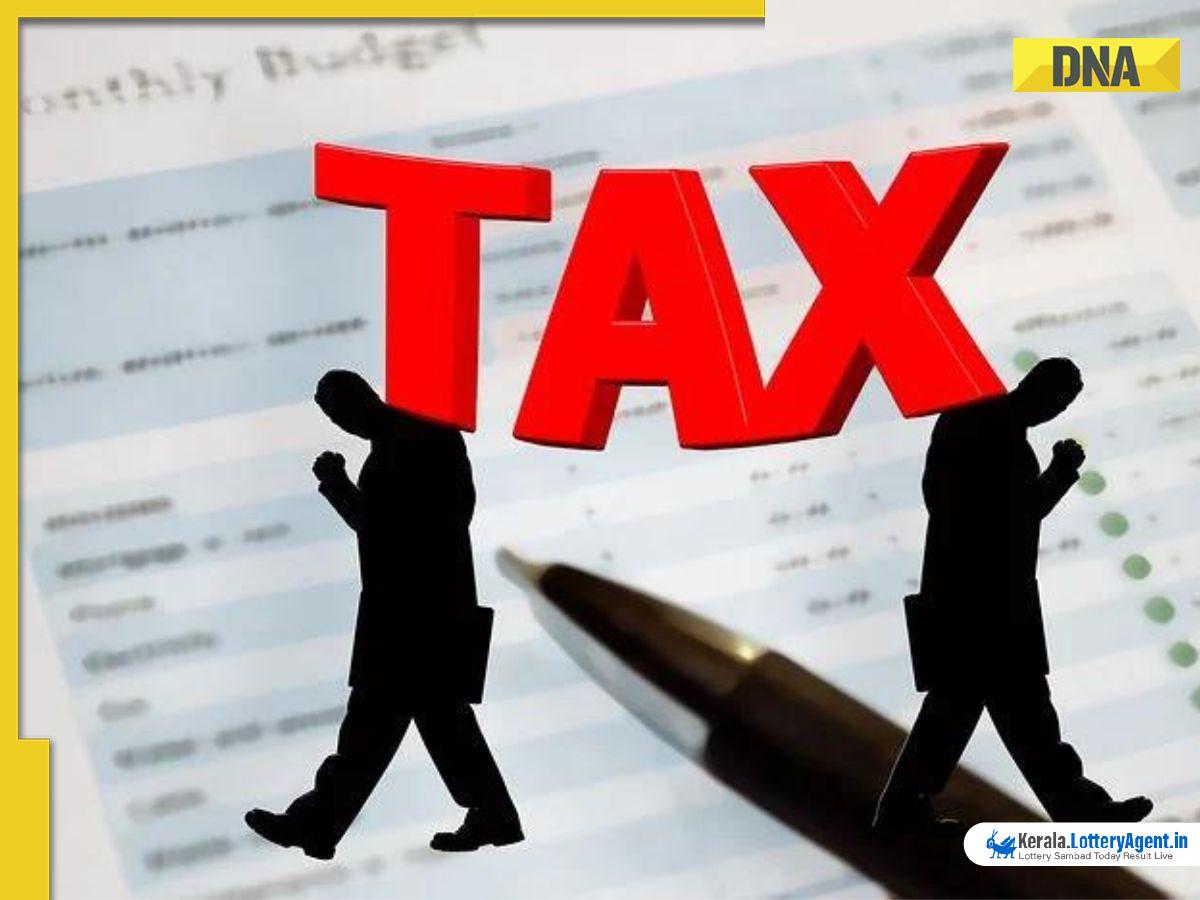
In India, income tax is a mandatory levy imposed by the government on the income of every individual or entity, encompassing both natural and artificial persons unless explicitly exempted by law. The authoritative legal framework governing income tax in India is the Income-tax Act, 1961. As part of this regulatory framework, it is crucial to comprehend the implications of taxation, particularly if one is fortunate enough to win a lottery or prize money in a competition.
Naturally, winning a lottery or receiving prize money injects a wave of joy and excitement. However, it also brings the responsibility of adhering to the stipulated tax obligations. Under the current Indian tax laws, winnings from lotteries and prizes are subject to a flat tax rate of 30%. This rate applies uniformly to both residents and non-residents who find themselves lucky enough to secure such winnings.
When you win a substantial amount, the organisation or body awarding the prize or lottery winning is obligated to deduct tax at source. Consequently, the winner receives the net amount after the appropriate tax deduction. This mechanism ensures that the government collects its share upfront, mitigating the risk of non-compliance by winners who might otherwise neglect their tax duties.
To delve deeper into the specifics, Section 194B of the Indian Income Tax Act, 1961, elaborates on the taxation of lottery winnings, TV game show winnings, card game winnings, crossword puzzle winnings, and other game earnings. The law mandates that if an individual wins rewards exceeding Rs. 10,000, the payer must deduct tax at source (TDS) at the rate of 30% before handing over the prize money. Adding surcharge and cess to this amount, the effective TDS rate escalates to 31.2%.
One must recognize the significance of fulfilling tax obligations on the amount won to avoid penalties and other legal complications. Winnings from lotteries or prize money are taxed under the category titled “Income from Other Sources.” Non-compliance in paying the appropriate taxes can result in substantial fines and legal consequences.
. Therefore, seeking advice from a qualified tax professional is highly recommended to navigate individual circumstances effectively and ensure adherence to tax laws.
In India, the government employs three primary methods to collect income tax: Taxes Deducted at Source (TDS), Taxes Collected at Source (TCS), and voluntary contributions by taxpayers into designated banks, categorized under Advance Tax and Self-Assessment Tax. This multi-faceted approach ensures a systematic and comprehensive collection of taxes, reinforcing the government’s revenue structure. Every individual, regardless of their source of income, holds a constitutional duty to accurately calculate their earnings and remit the corresponding taxes.
Breaking down the intricate system, TDS is one of the most pivotal components. When an individual earns income, be it salary, interest, commission, or lottery winnings, the payer deducts tax at source, remitting the balance to the receiver. This pre-emptive method ensures tax compliance right at the point of disbursement. On the other hand, TCS applies in specific cases, such as the sale of goods and transactions of a certain magnitude. Businesses and entities involved in such trades must collect tax from the buyer at the point of sale.
Voluntary payments into banks, encapsulating Advance Tax and Self-Assessment Tax, form another layer of the taxation system. Individuals and entities whose income is not entirely subject to TDS or TCS have the responsibility to estimate their taxable income and make advance payments at specified intervals throughout the financial year. Additionally, after filing their annual tax return, taxpayers are required to perform a self-assessment to identify any tax deficiencies and make the necessary payments accordingly.
For those encountering the joyous situation of winning a lottery or prize money, vigilance in addressing the corresponding tax obligations is of paramount importance. Ensuring compliance not only upholds legal mandates but also mitigates potential financial and legal repercussions. As tax laws can be intricate and dynamically evolving, it is prudent to engage with tax professionals who can offer tailored advice and facilitate proper tax management.
In conclusion, while the thrill of winning a lottery or obtaining prize money is undeniable, it is equally crucial to approach the situation with an awareness of the tax and legal responsibilities that accompany such fortune. Proper tax management ensures that winners can enjoy their earnings without the looming threat of legal complications. Adhering to the structured guidelines outlined in the Income-tax Act, 1961, and collaborating with tax professionals can provide winners with the security they need to savour their winnings wholeheartedly.












